The second digit of the IP rating pertains to water resistance. When placing a TV outdoors, moisture is a major threat, whether it’s from condensation, rain, or splashes near a pool. Unlike dust, which gradually erodes your equipment over time, water can cause immediate and irreversible damage if the TV isn’t adequately protected.
When selecting an outdoor TV, one of the most critical considerations is its ability to withstand water exposure. Ideally, you should look for comprehensive waterproof protection. If your TV is installed in a sheltered area, such as under a patio or balcony, an IP rating of 2 might suffice. However, if there is a risk of water exposure from storms or splashes, opting for a higher water resistance rating is essential to ensure that your TV remains protected from moisture from all directions.

For example, a Sylvox outdoor TV with an IP55 rating means that the device is protected against dust ingress that could impair its operation and can withstand low-pressure water jets from any direction.
Importance of Waterproof and Dustproof Ratings for Outdoor TVs
Protecting Electronic Components
Outdoor TVs are exposed to various weather conditions, including rain, dust, and humidity. Water and dust can significantly damage electronic components, leading to short circuits, corrosion, and eventual device failure. High waterproof and dustproof ratings help protect these components, extending their lifespan and ensuring stable, long-term operation.
Increasing Device Durability
Outdoor TVs must endure extreme temperatures, from scorching heat on sunny days to freezing cold during rain or snow. A robust waterproof and dustproof design ensures that the TV remains functional in harsh conditions, enhancing its durability and reliability.
Reducing Maintenance Costs
Frequent exposure to the elements can lead to higher maintenance and repair needs, increasing costs. Outdoor TVs with high protection ratings require less maintenance, reducing both repair expenses and downtime. This leads to better operational efficiency and lower long-term costs.
Ensuring Safety
Electrical equipment exposed to water and dust can pose safety risks, including electric shocks and short circuits. For outdoor TVs that operate for extended periods, adequate protection is essential to prevent such hazards. High-level waterproof and dustproof ratings help mitigate these risks, ensuring the safety of users and the equipment.
How to Choose the Right Waterproof and Dustproof Rating
Consider the Usage Environment
Assess where the TV will be installed. For open areas subject to extreme weather, choose a TV with at least an IP55 rating or higher. For locations with some protection, such as balconies or covered patios, an IP54 rating may be sufficient.
Evaluate Specific Application Needs
Determine the level of protection based on the TV's use. Public-facing screens may require higher ratings due to frequent interactions, while home installations might only need basic waterproof and dustproof features.
Choose Certified Products
Select TVs from reputable manufacturers and look for certified products. Certified outdoor TVs undergo rigorous testing to ensure they meet protection standards, providing you with reliable and safe equipment.
This guide will help you make an informed decision when choosing an outdoor TV, ensuring you select a model that fits your needs and stands up to the elements effectively.


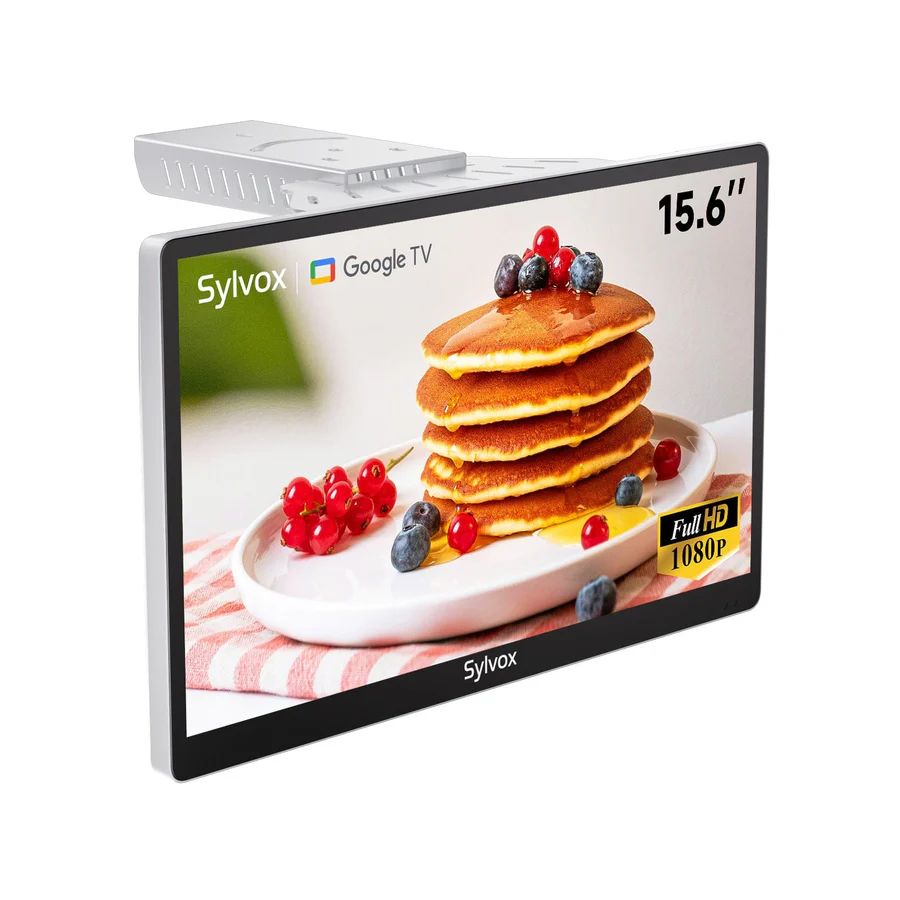
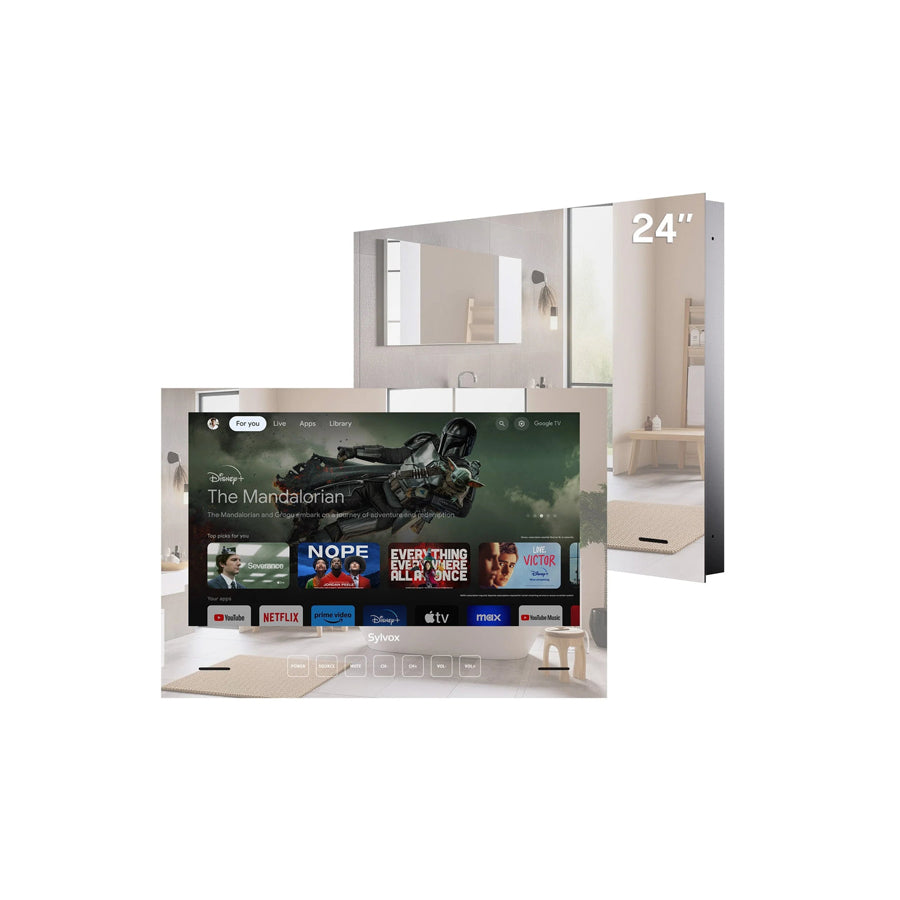
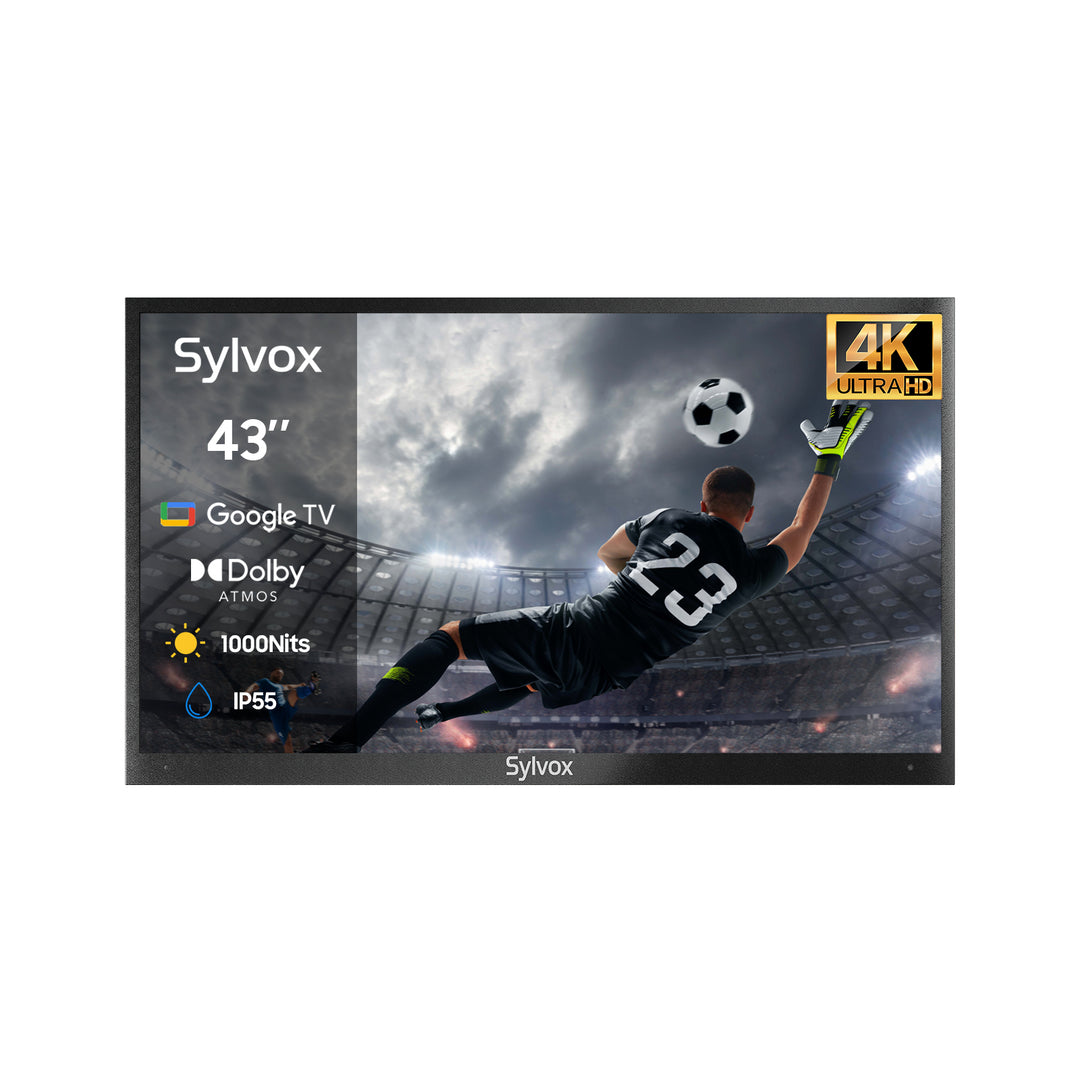
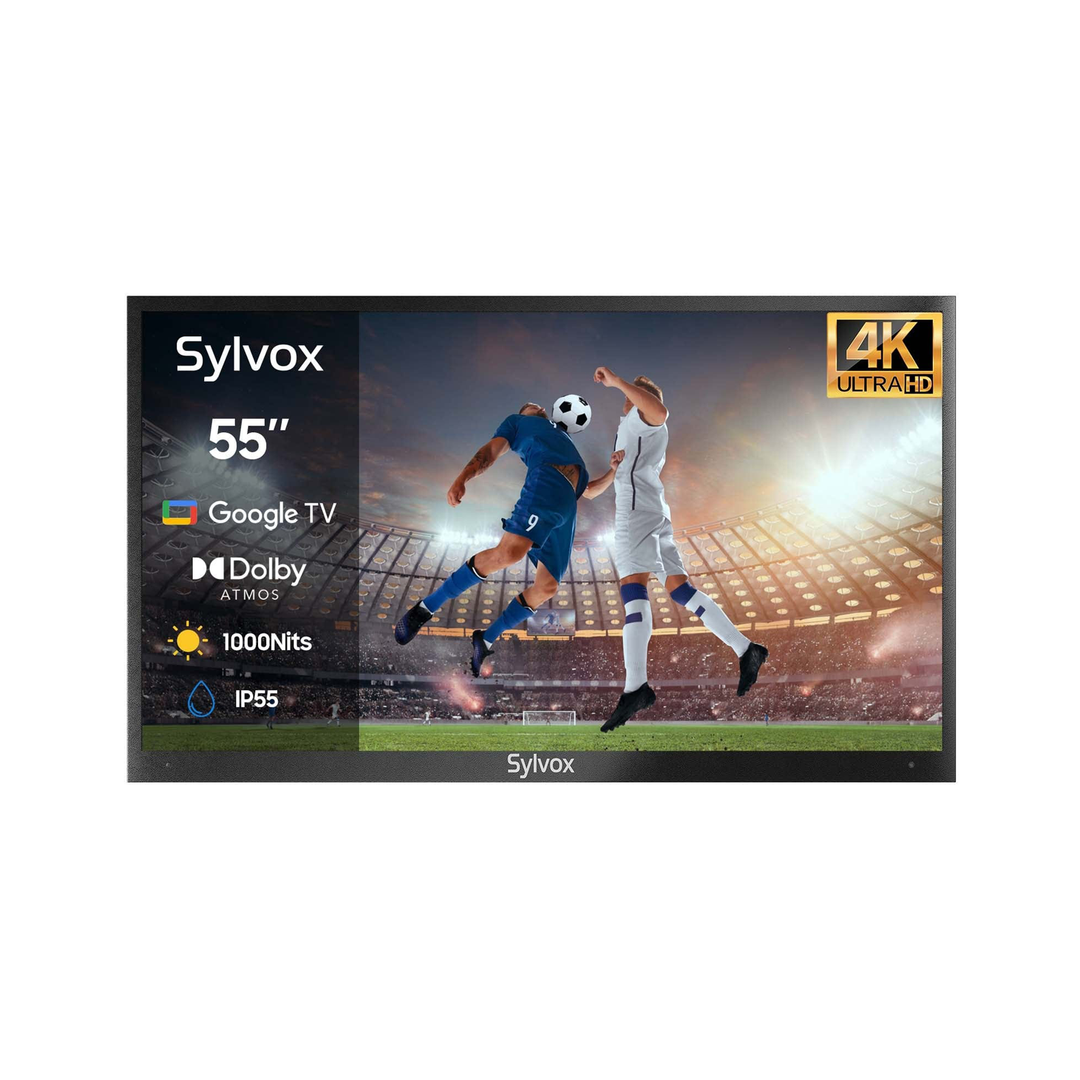
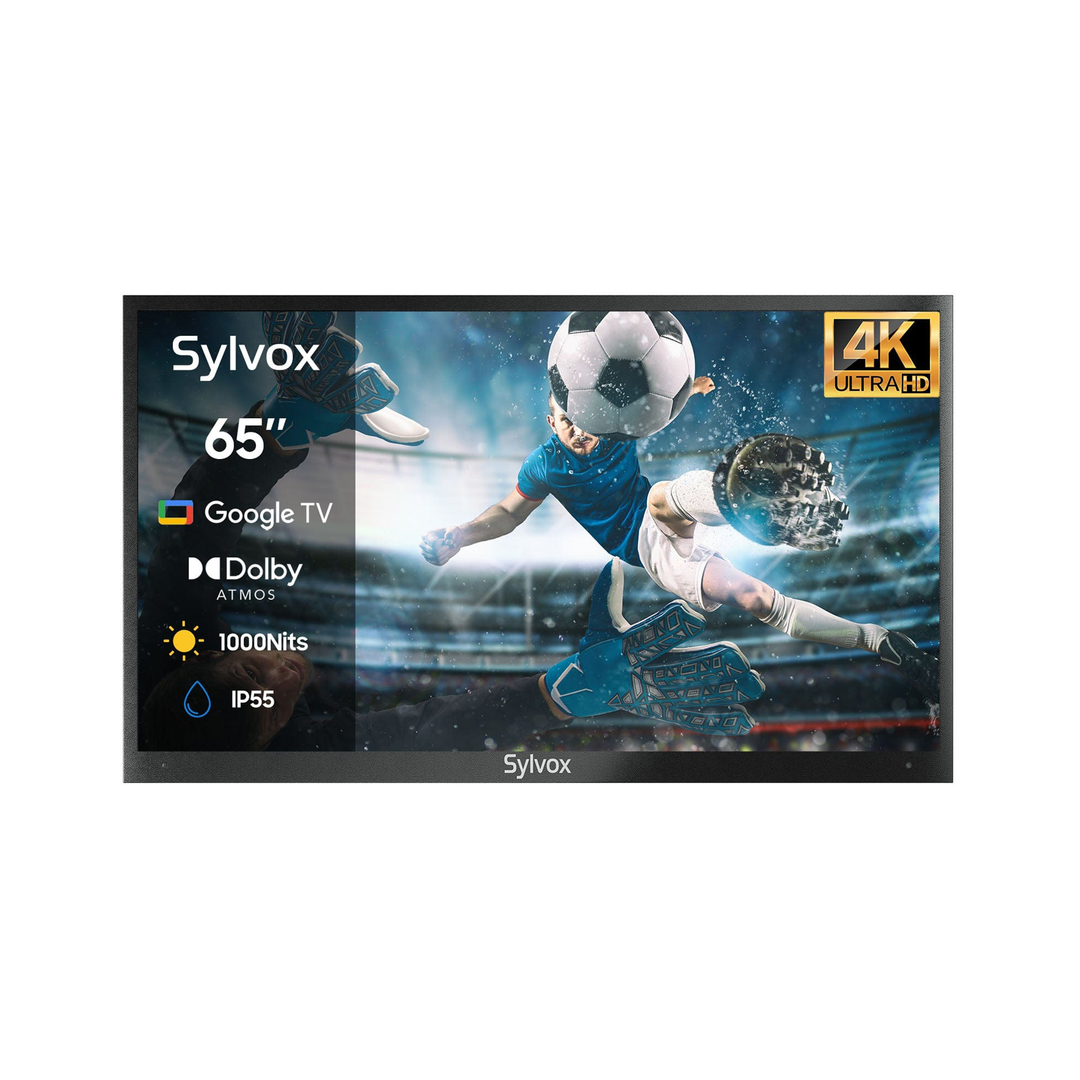
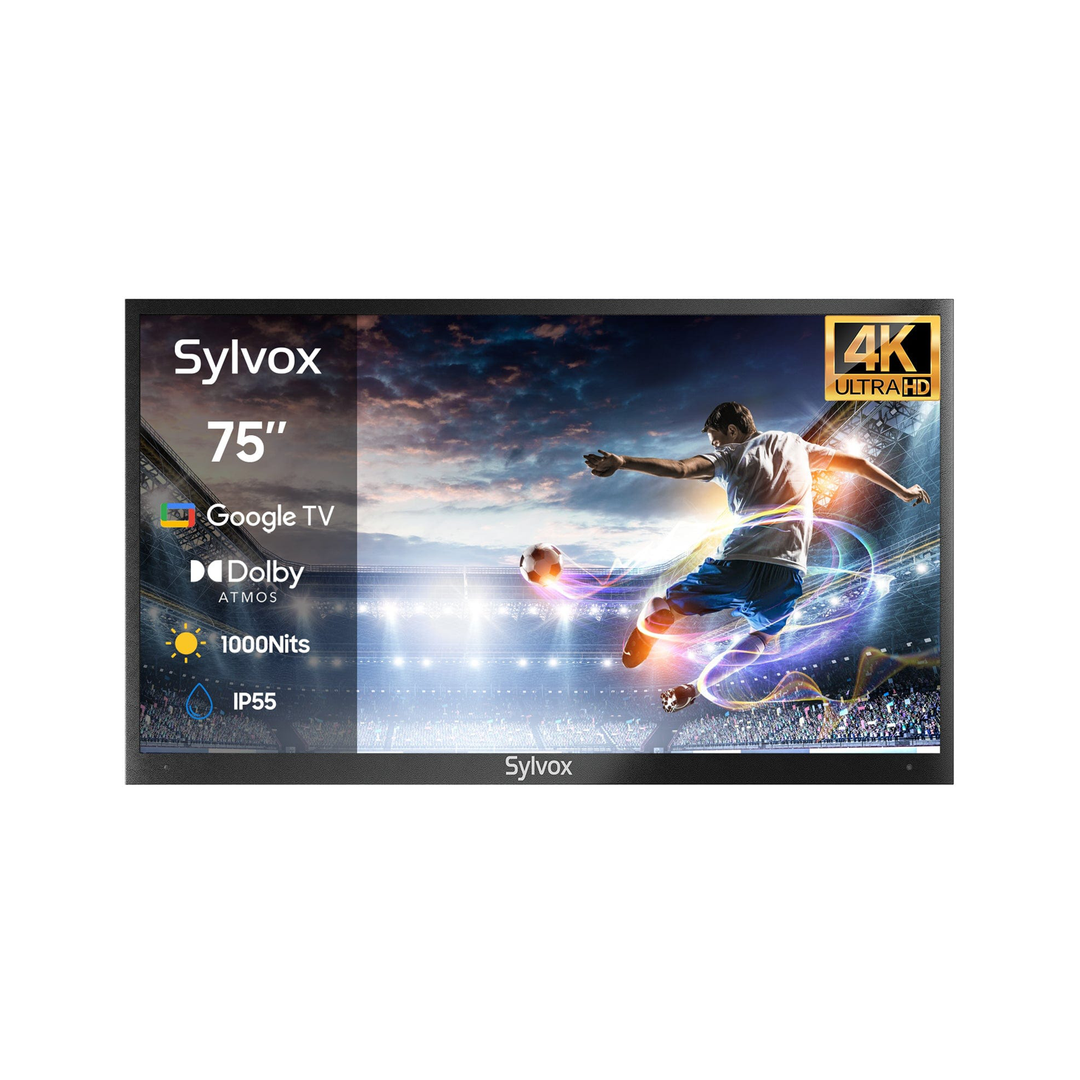
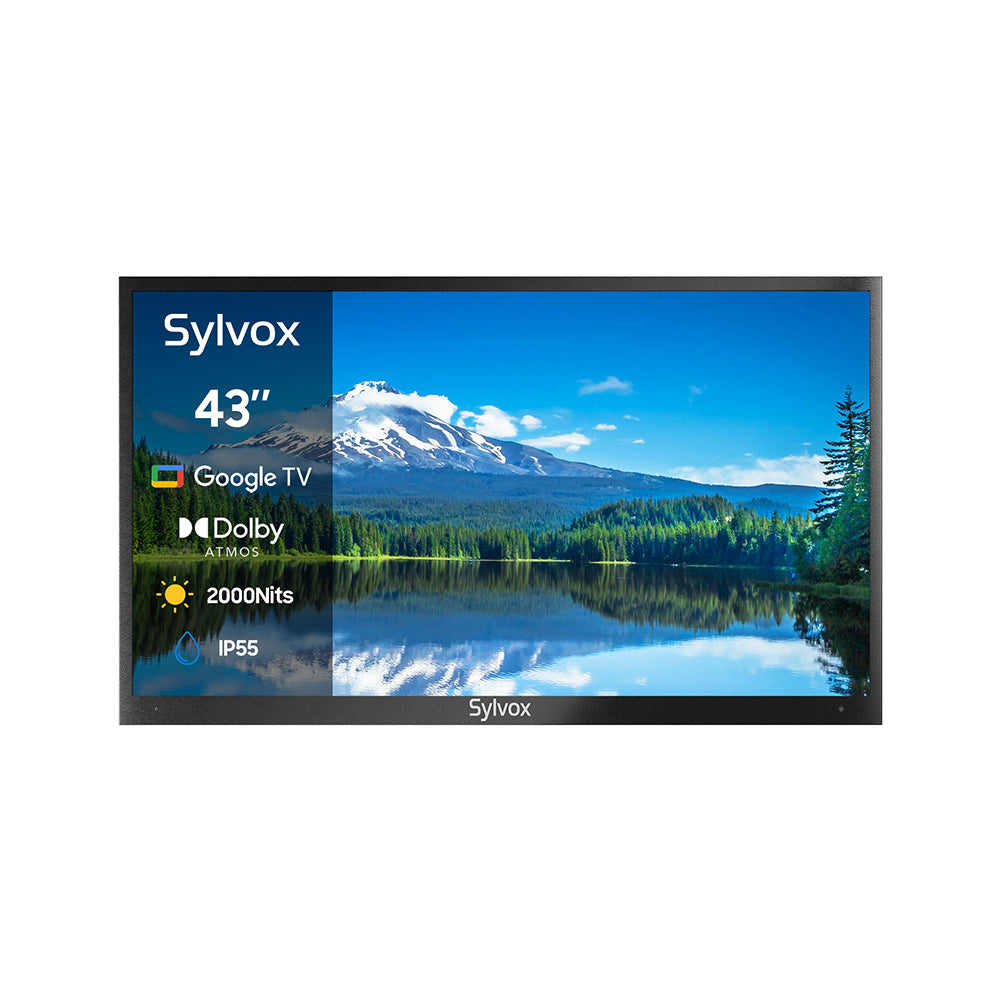
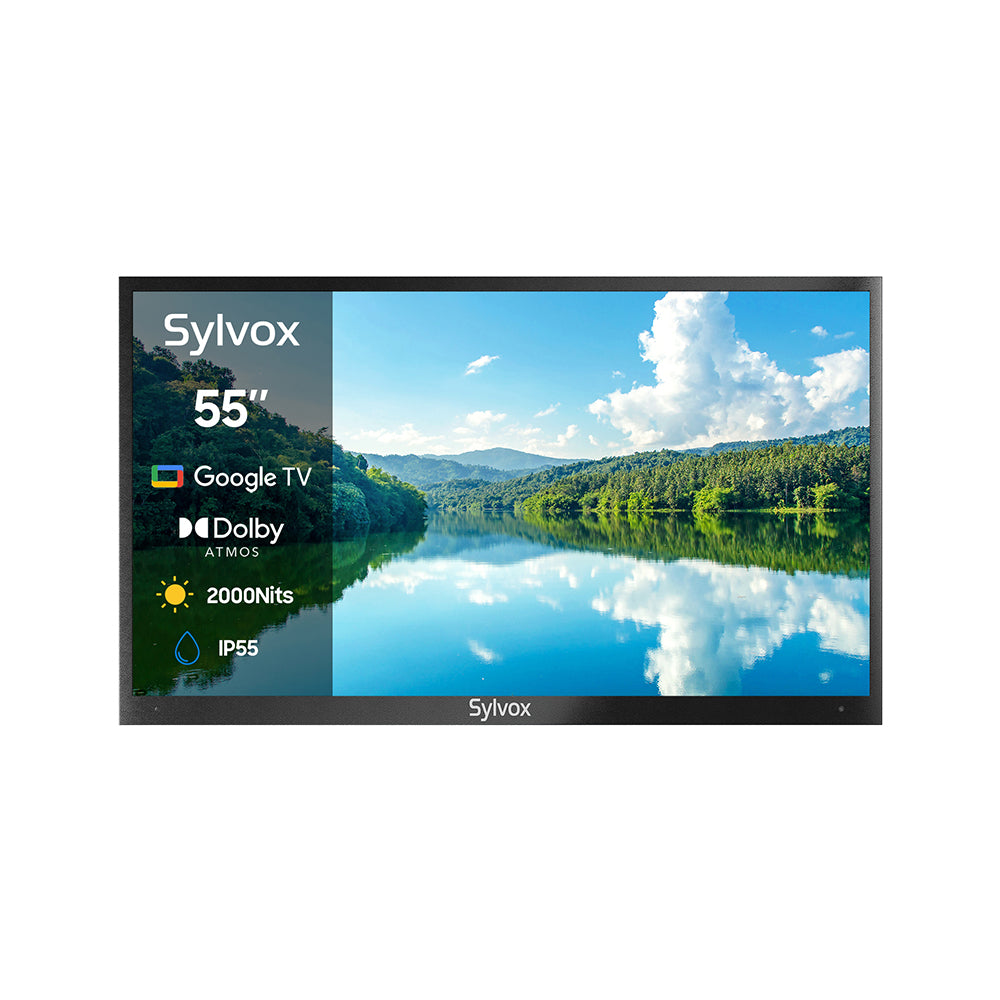



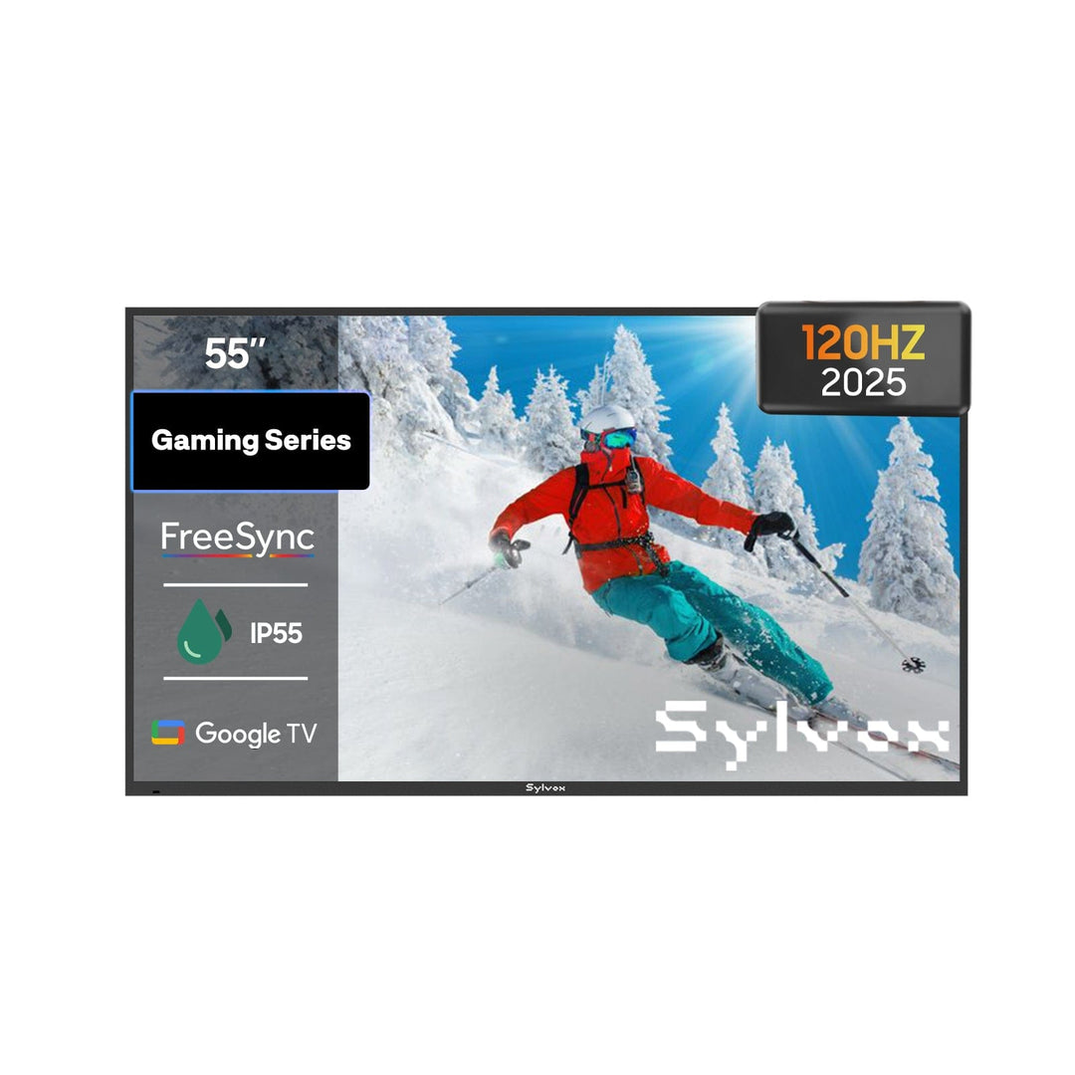

Leave a comment